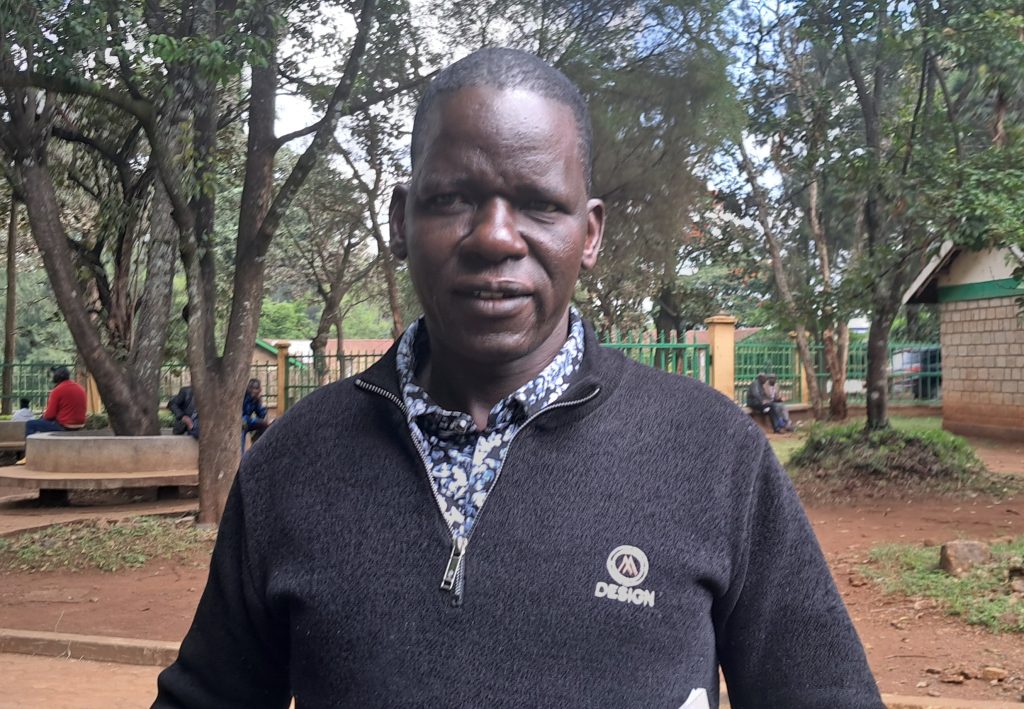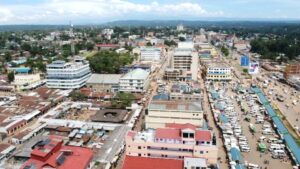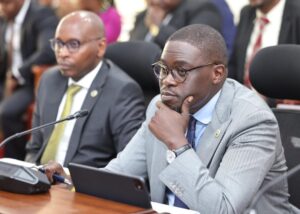Crisis at Moi University: Call for Presidential Intervention to Address Corruption and Mismanagement

Moi University, once a beacon of academic excellence, is facing a severe crisis that has drawn widespread concern.
Reports of corruption, mismanagement, and nepotism within the university’s administration have prompted urgent calls for intervention from top government officials.
Human rights activist Kipkorir Ngetich, based in Eldoret, has raised alarms about the deteriorating state of the institution. According to Ngetich, the current Vice Chancellor (VC) has been accused of prioritizing personal gain over the university’s welfare.
This alleged misconduct includes failing to address corruption, mismanaging debt, and neglecting necessary academic improvements.
“The VC’s focus on personal enrichment and favoritism has led to a significant decline in academic standards and a mass exodus of students and faculty,” Ngetich stated.
He further accused the VC of awarding inflated tenders to cronies, which has exacerbated financial strains on the university.
The university, founded by the late President Daniel arap Moi, has been marred by accusations of high-level corruption and political interference.
The Auditor General’s recent report highlighted several issues, including questionable financial practices and potential graft, underscoring the urgent need for a comprehensive audit.
In light of these issues, there have been calls for President William Ruto, the Parliamentary Education Committee, and the Ethics and Anti-Corruption Commission (EACC) to intervene.
Activists are urging an independent audit and the suspension of the current VC, university senate, and key finance officials to facilitate a thorough investigation.
“The integrity and reputation of Moi University are at stake,” Ngetich said. “We need immediate action to restore the institution’s standing and ensure it continues to contribute positively to our educational landscape.”
Local political leaders, including the Governor, MPs, and Senators, have been criticized for their silence on the matter. Activists and stakeholders are questioning whether these leaders are complicit or merely indifferent to the crisis.
As the university grapples with these challenges, there is a growing consensus that only direct intervention by the highest levels of government can prevent further deterioration and secure a future for the institution that has been instrumental in shaping many of Kenya’s future leaders.




